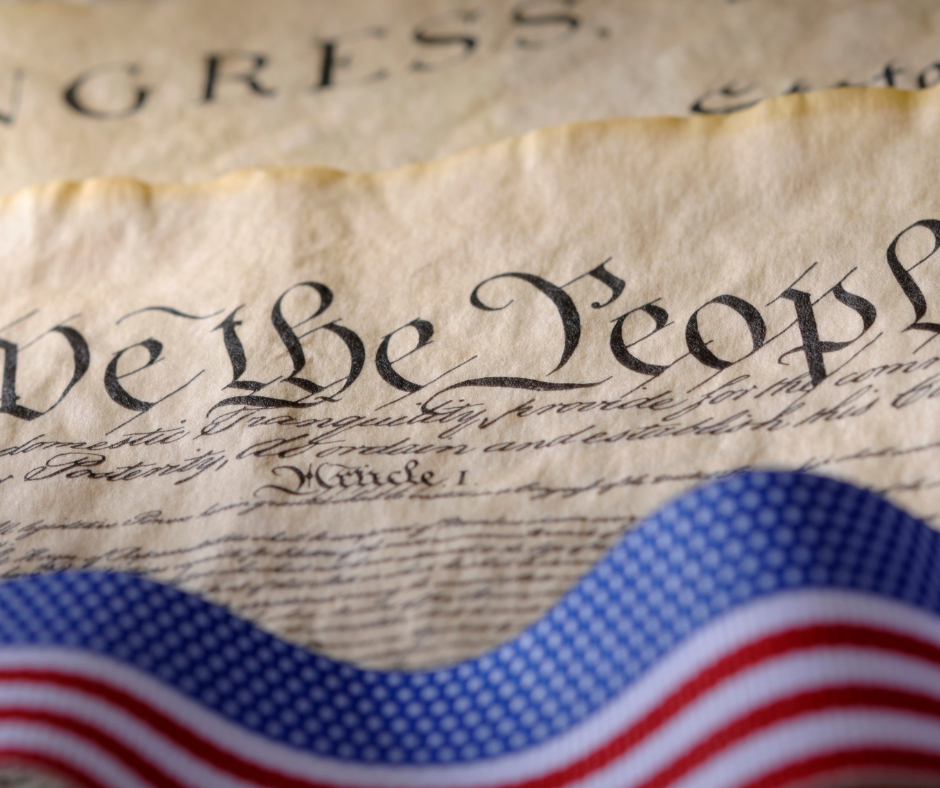Unveiling the Legacy: Exploring the Origins of Public Notaries in the United States
Public notaries play a vital role in the legal landscape of the United States, serving as impartial witnesses to the signing of important documents and authenticating their validity. But have you ever wondered about the origins of this esteemed profession? Join us on a journey through time as we delve into the fascinating history of public notaries in the United States, tracing their origins back to ancient civilizations and exploring how they evolved into the indispensable guardians of legal authenticity we know today.
Ancient Beginnings
The concept of notarization dates back to ancient civilizations, where scribes were responsible for recording important transactions and ensuring their validity. In ancient Egypt, scribes acted as witnesses to legal documents and affixed their seal to authenticate them. Similarly, in ancient Rome, notaries played a crucial role in drafting and certifying legal documents, often using wax seals to authenticate them.
Medieval Europe: The Birth of Notarial Tradition
The practice of notarization continued to evolve in medieval Europe, where notaries gained formal recognition as public officials appointed by the state. In countries like England, France, and Italy, notaries were responsible for drafting legal documents, recording transactions, and providing legal advice. Their authority was granted by royal decree or papal bull, and they were entrusted with upholding the integrity of the legal system.
Notaries in Colonial America
With the colonization of the Americas, the tradition of notarization made its way across the Atlantic. In the early days of colonial America, notaries were appointed by colonial governors or local authorities and served as essential figures in legal transactions. They were responsible for recording deeds, wills, contracts, and other important documents, ensuring their validity and enforceability.
The Notary Public in the United States
The role of notaries continued to evolve in the United States following independence. In the newly formed nation, notaries were granted authority by state governments and were entrusted with similar responsibilities as their European counterparts. They served as impartial witnesses to the signing of documents, verified the identity of signatories, and affixed their seal to authenticate the documents.
Modern Notaries: Guardians of Authenticity
Today, notaries continue to play a crucial role in the legal system of the United States. While the responsibilities of notaries may vary from state to state, their core function remains the same: to ensure the authenticity and validity of legal documents. They witness the signing of important papers, administer oaths and affirmations, and certify copies of documents, among other duties.
Becoming a Notary Public
Becoming a notary public in the United States is a rigorous process that varies from state to state. Generally, individuals must meet certain eligibility requirements, such as being of legal age, residing or working in the state, and passing a background check. They must also complete a notary education course and pass an exam administered by the state. Once appointed, notaries are required to adhere to strict ethical standards and fulfill their duties with integrity and impartiality.
Conclusion
The origins of public notaries in the United States can be traced back to ancient civilizations, where scribes and officials played vital roles in recording and authenticating legal documents. Over the centuries, the tradition evolved and adapted to the changing legal landscape, ultimately becoming an essential component of the modern legal system. Today, notaries continue to uphold the principles of authenticity and integrity, ensuring the validity of important documents and transactions. As guardians of legality and authenticity, they play a vital role in maintaining the integrity of the legal system and upholding the rule of law.
Interesting Notary Facts
Founding Fathers as Notaries: Some of America's Founding Fathers served as notaries. For instance, Thomas Jefferson, one of the principal authors of the Declaration of Independence, also served as a notary in Virginia, which was a significant role given the importance of authenticating documents in a largely agrarian society.
George Wythe
George Wythe, Jefferson’s mentor and a signer of the Declaration of Independence, also served as a notary and had significant influence in legal education and the judicial system in Virginia. His role helped establish the credibility and importance of the notarial profession in American legal practice
Notaries and the Constitution: During the drafting of the United States Constitution, notaries were instrumental in ensuring the authenticity and legitimacy of the ratification documents submitted by the states. Their role helped to maintain the integrity of the ratification process.
Expansion and Settlement: As the United States expanded westward, notaries played a key role in the settlement process. They authenticated land deeds and other legal documents, which were essential for maintaining orderly development and property rights in new territories.
Civil War and Reconstruction: During the Civil War and Reconstruction era, notaries were critical in legal processes related to the emancipation of slaves and the re-establishment of state governments in the South. They helped to document freedom papers and other essential legal transformations of the period.
Women as Notaries: The position of notary public was one of the first public offices open to women in the United States. In the late 19th and early 20th centuries, as women began to enter public life more prominently, many served as notaries, which provided them with an important foothold in the legal and business communities.
Role in Civil Rights Movement: During the Civil Rights Movement, notaries were often involved in the documentation of voter registration and other civil rights activities. Their work helped to ensure the legal validity of actions taken by civil rights activists.




